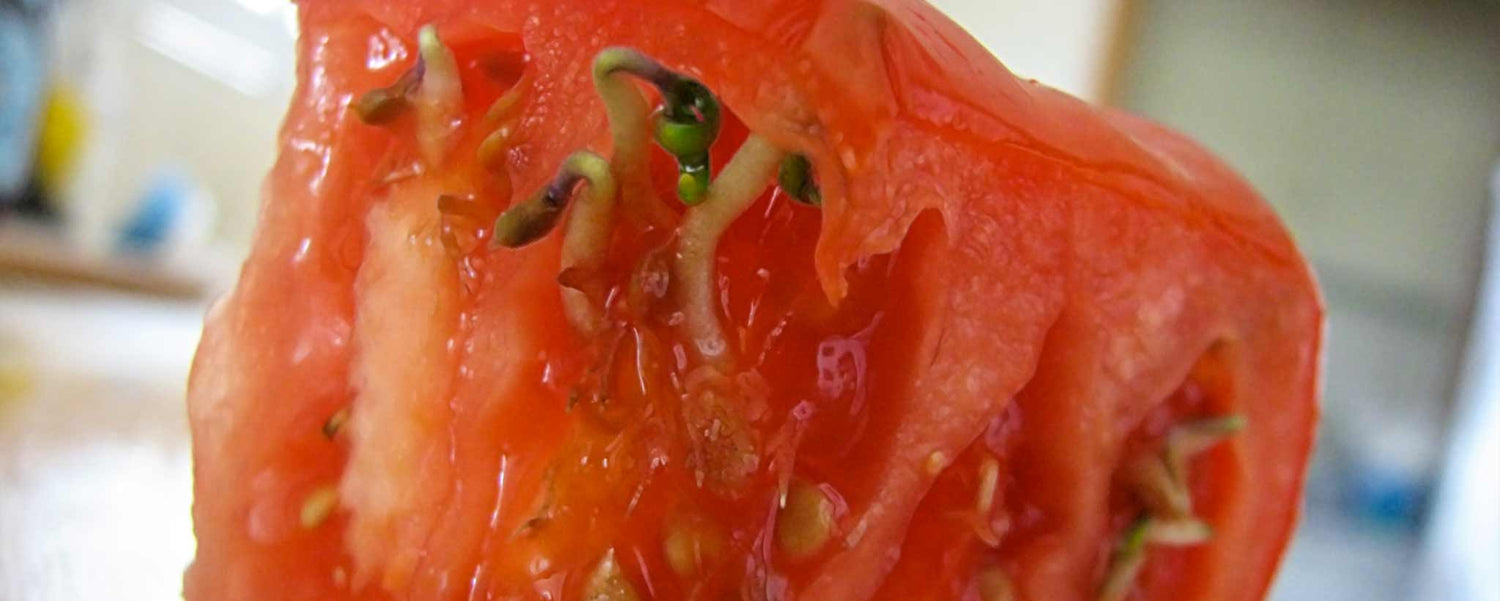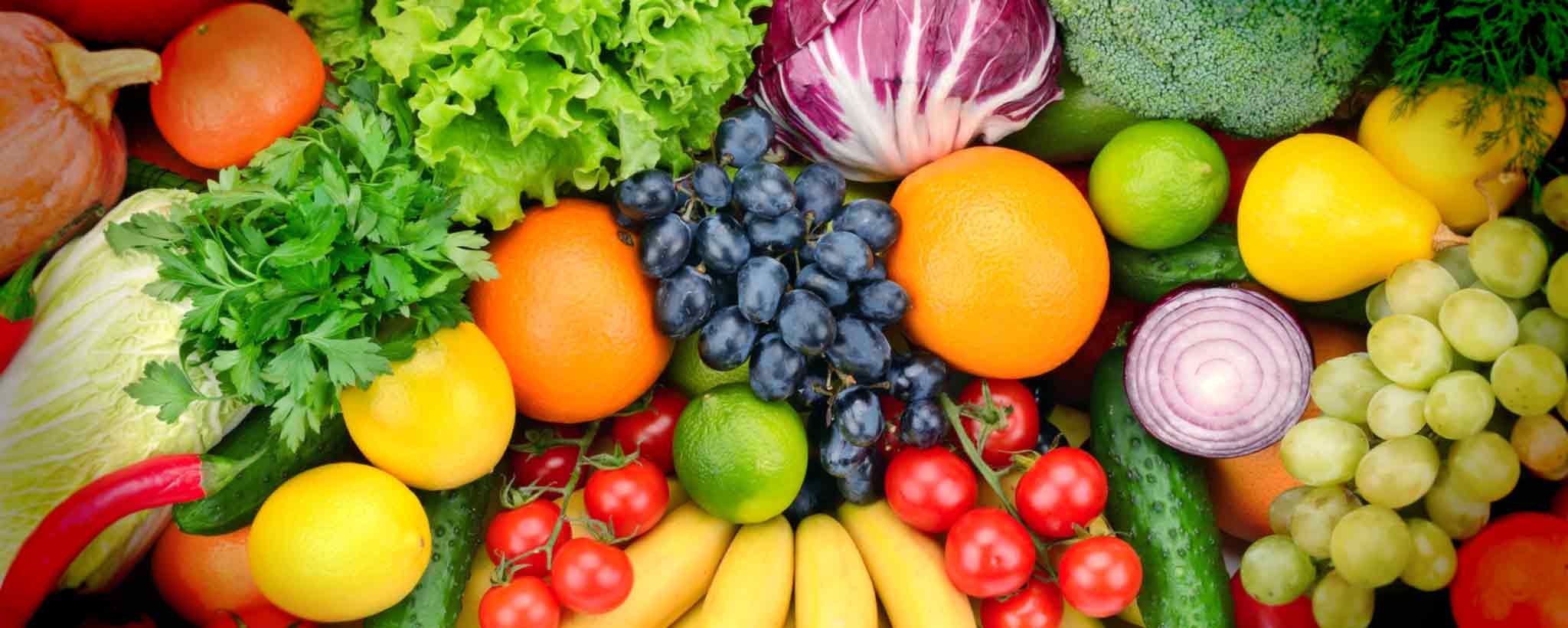Establishing differences between fruits, vegetables, and nightshades determine how they are stored and consumed.
How To Distinguish Fruits From Vegetables
To a botanist, a fruit is an entity that develops from the fertilized ovary of a flower. Tomatoes, beans, corn kernels, cucumbers, eggplants, peppers, pumpkins, squash, and pea pods are all fruits; so are apples, apricots, mangos, melons, pears, and peaches.
Botanically speaking, a vegetable is any edible part of a plant that doesn’t happen to be a fruit, as in leaves (cabbage, lettuce, spinach), roots (beets, carrots, turnips), stems (asparagus), tubers (potatoes), bulbs (onions), and flowers (broccoli and cauliflower).
Are tomatoes fruit or vegetables? How would you answer this? Botanical and political produce definitions differ. In 1886, importer John Nix and colleagues brought a load of West Indian tomatoes to the New York Port. The customs official, Edward Hedden, demanded a ten percent tax (the Tariff Act of 1883 levied an import duty on “foreign vegetables.”)
Nix, who knew his botany, objected because the tomato is a fruit that should be tax-exempt. The case eventually made its way to the Supreme Court, where, in 1893, Justice Horace Gray ruled in favor of the vegetable.
🍅 Vivipary is the sprouting of seeds within tomatoes. Causes include long storage in cool temperatures (below 55 degrees), being overripe, potassium deficiency, and over-fertilization with nitrogen and again.
“Botanically speaking,” said Justice Gray, “tomatoes are the fruit of a vine, just as are cucumbers, squashes, beans, and peas. But in the common language of the people…all these vegetables…are usually served at dinner in, with, or after the soup, fish, or meat, which constitute the principal part of the repast, and not, like fruits, generally as dessert.”
If your refrigerator has such a setting, it is best to store vegetables in a high-humidity setting and fruits in a low-humidity setting. Cambria Bold offers the following tips for storing fruits and vegetables:
For Fruits: Non-cherry fruits, apples, avocados, mangoes, melons, pears, and tomatoes continue to ripen if left sitting on a countertop. Grapes, bell peppers, citrus, and berries deteriorate, so refrigerate them. Bananas ripen very quickly, and also speed ripening of nearby fruits. Either leave them out of the refrigerator or peel, slice, and freeze bananas.
For Vegetables: Remove rubber bands and ties, trimming any leafy ends to an inch before storing. Make sure the bag you store the veggies in has punctured air-flow holes. Pack vegetables loosely in the refrigerator to hasten rotting. Wash leafy greens before storing by soaking them in a sink full of water. Do not wash soft herbs or mushrooms until ready for use.
Preventing Listeria
Listeria is the name of a bacterium found in soil and water, and some animals. People usually become ill with a rare disease called listeriosis after eating contaminated food. Listeriosis most often affects unborn fetuses, newborn infants, older adults, and individuals with weakened immune systems. Thoroughly cook all raw foods of animal origin, such as meat, to prevent listeriosis and other foodborne diseases, because heat kills Listeria monocytogenes.
Reheat leftovers or prepackaged foods, especially deli meats, until steaming hot. Wash raw fruits and vegetables thoroughly. Do not eat or drink raw (unpasteurized) milk or other dairy products. Though Mexican-style cheeses and other Latin-style soft cheeses made from pasteurized milk have also caused listeriosis, do not eat soft cheeses such as Brie, feta, and Mexican-style cheeses, unless they have a “made from pasteurized milk” label.
Considerations for Nightshade Foods
The most commonly studied and consumed nightshade plants are the alkaloid potatoes, tomatoes, and eggplant. Below are key alkaloids in these three nightshade foods.
| Nightshade Food | Scientific Name | Key Alkaloids |
|---|---|---|
| Tomato | Lycopersicon esculentum | tomatine, deyhdrotomatine |
| Potato | Solanum tuberosum | alpha-solanine, chaconine |
| Eggplant | Solanum melongena | solasonine, solarmargine |
There are rare potential health benefits associated with food alkaloids. Yet, there are also potential problems with excessive intake. Based on a study of potatoes from Mexico, 65–70% of the alkaloids are removed by skinning the potatoes before cooking.
People who want to lower the alkaloid content of potatoes should cut out any sprouting spots before cooking. Exposure to light can increase the alkaloid content of potatoes, so store them in a dark place.
Some people with forms of arthritis or other musculoskeletal health problems who eliminate nightshade vegetables feel better. A large-scale human research study that supports this theory is lacking.
To support the writing of useful articles about food, ClinicalPosters sells human anatomy charts, scientific posters, and other products online. You may sponsor specific articles, become a ClinicalNovellas Member, or remit a small donation.
ClinicalPosters sells human anatomy charts, scientific posters, and other products online to offset expense of the writing useful articles about food. Slide extra posters into DeuPair Frames without removing from the wall.
Show your support by donating, shopping for ClinicalPins, becoming a ClinicalNovellas Member, or leaving an encouraging comment to keep the research going.
To support the writing of useful articles about food, ClinicalPosters sells human anatomy charts, scientific posters, and other products online. You may sponsor specific articles or remit a small donation.
ClinicalPosters sells human anatomy charts, scientific posters, and other products online to offset expense of the writing useful articles about food. Slide extra posters into DeuPair Frames without removing from the wall.
ClinicalPosters sells human anatomy charts, scientific posters, and other products online. You may remit a small donation or become a ClinicalNovellas Member.
You can support the writing of useful articles about food by sponsoring specific articles, becoming a ClinicalNovellas Member, or remitting a small donation. Visible content is optimized for device size.






 Romance & Health Intertwine. Fall in love with a captivating romance miniseries that explores the essence of well-being. Become a ClinicalNovellas member for heartwarming tales.
Romance & Health Intertwine. Fall in love with a captivating romance miniseries that explores the essence of well-being. Become a ClinicalNovellas member for heartwarming tales.





